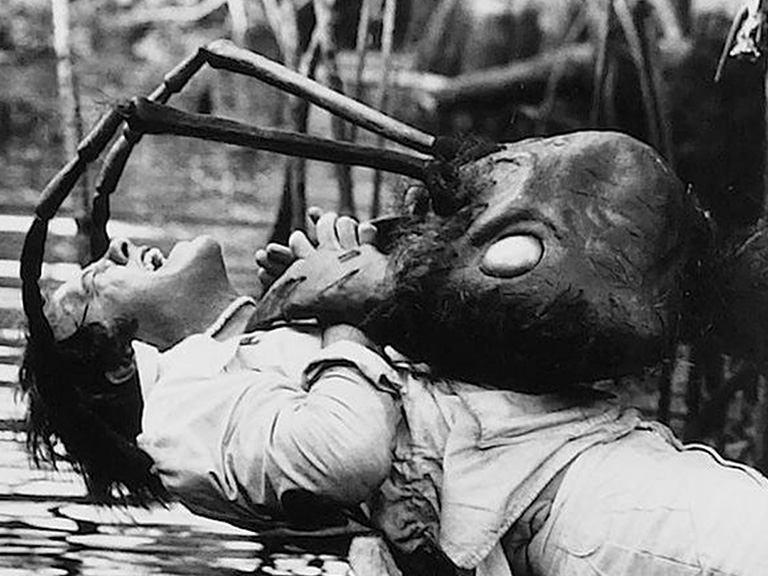AS we write this, an ant is crawling on our forearm. More than any other non-human lifeform, bugs of any size — the term can refer to a virus, bacterium, or arthropod — challenge the serenity of life under human command, which in the anthropocene means nearly all life. We have taken the ant between our fingers and crushed it. While the suppression of our animal-being defines us as a species, proximity to larger beasts isn’t as much of a threat to humanness as contact with bugs. In fact, living intimately with wild or domestic creatures of the proper size can make you an exemplary human — a hunter, herder, or farmer. Except for silkworms and bees (we’ll get to that), bugs mean you’ve lost your self-control.
If there is one ant around, there must be more. The thing about self-control or mastery is that it’s a fantasy: the bugs are always there. They’ve always been there and they’ll always be there. They live in our skin, on our faces, in our guts. Bugs exceed us. There is no human space they can’t go. And recently, it’s become clear that the drive to exclude them from our society has left us vulnerable. Less than a century of widespread antibiotic use altered human immune systems for what seems to be the worse, while allowing the surviving bugs to attain superpowers. The CDC recently reported that one in 25 current patients suffers from one of the many infectious hospital-acquired superbugs, and new studies regularly claim farm air, with its dust and manure, inoculates children against the epidemic of asthma in sterile, immunologically destabilized suburbs. Bugs, it seems, are a feature of human society.
The image of a bug-free home is nevertheless an enduring one, writes Alicia Eler in her essay for this issue. No matter how much we want to take refuge in the myth of the home as protection from strange intruders, both insects and listening devices are most likely to be brought in by intimate partners. “The bugs in your home, whether part of wiretap or of the insect variety, represent a vulnerability,” Eler writes, and the so myth of cleanliness is more about a psychological than domestic state.
read the entire letter from the editors at New Inquiry: http://thenewinquiry.com/features/the-new-inquiry-vol-54-bugs/




